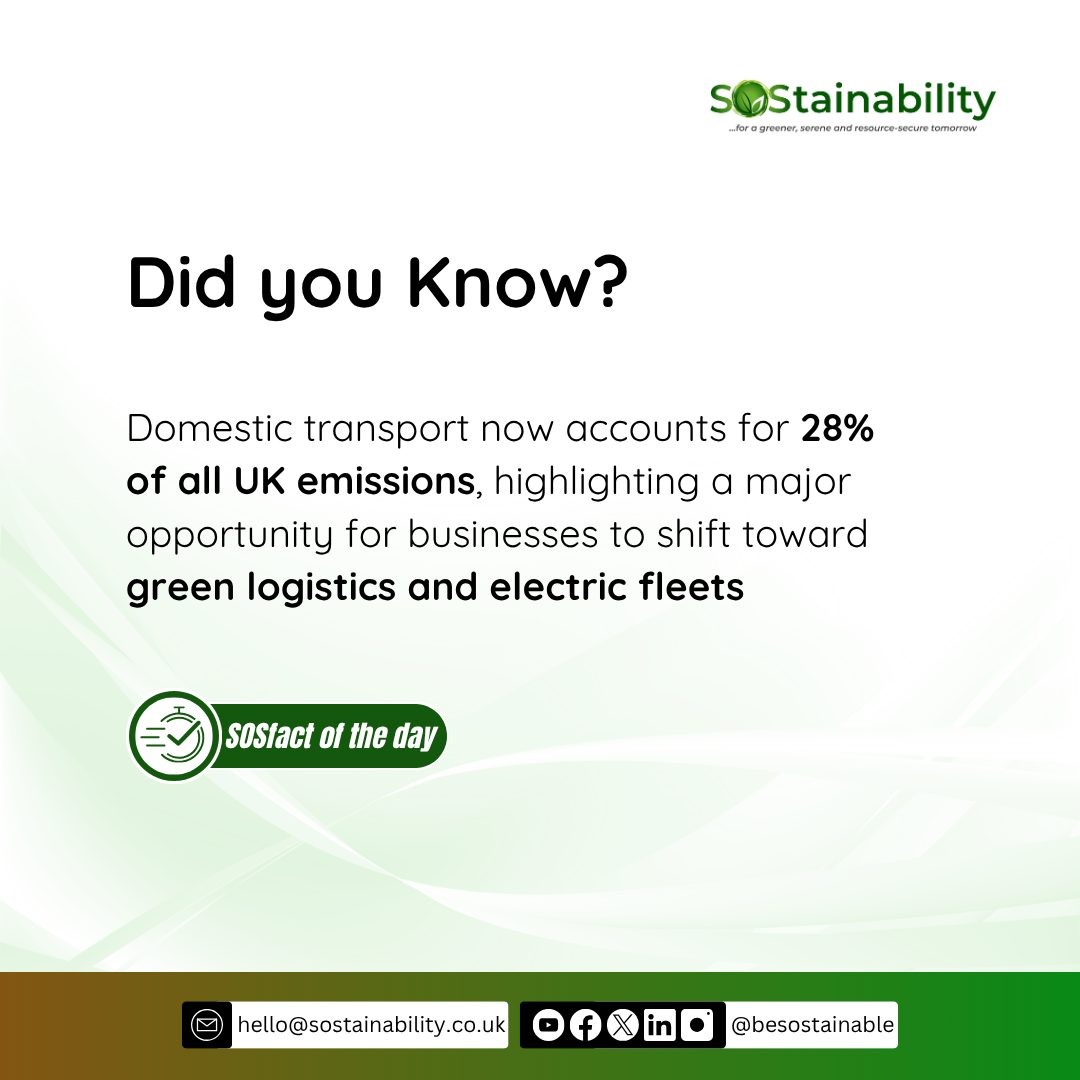
08 Jul Met Office blames Man-made Climate Change for Heatwave
Met Office Blames Climate Change for UK Heatwave
The UK has recently experienced its hottest day of 2025, with temperatures soaring to 34.7°C in central London. The Met Office has directly attributed the extreme heat to human-induced climate change, marking it as the latest in a series of intense heatwaves driven by global warming1. While the office has not yet conducted formal attribution studies for this specific event, past research strongly links climate change to the increased frequency and intensity of heatwaves.
The Met Office stated that the likelihood of extreme heat events such as this has risen due to human activity. Past climate studies support the idea that global warming has made such events more common and more intense.
This unprecedented heatwave serves as a stark reminder of the long-term consequences of the climate crisis. It also underscores the urgency of global efforts to curb emissions and mitigate climate-related risks. Experts emphasize that the impact of such extreme temperatures is far-reaching, not just for farmers or the environment, but also for public health and infrastructure.
In this article, we will explore the scientific basis behind these claims, the broader implications of rising temperatures, and what steps need to be taken to manage the risks posed by such heat events in the future. Drawing from studies and expert opinions, we will also discuss how this heatwave compares to previous extremes and what it signals for the UK’s climate future.
The Role of Climate Change in Extreme Heat
The link between human activity and rising temperatures is now well-established by climate scientists. The burning of fossil fuels has significantly increased greenhouse gas concentrations in the atmosphere, causing global temperatures to rise. As a result, extreme weather events, including heatwaves, are occurring more frequently and with greater intensity.
In particular, heatwaves have become more common and severe in the UK. A study from the World Weather Attribution group found that the risk of heatwaves, such as the one experienced in June 2025, has increased drastically due to human-driven climate change2. These extreme events would have been much less likely without the warming caused by fossil fuel emissions.
The UK’s recent heatwave, reaching 34.7°C, is not an isolated incident. In fact, the nation has seen several similar occurrences in recent years. For instance, the summer of 2022 witnessed record temperatures exceeding 40°C, the highest ever recorded in the country. Researchers argue that without climate change, such events would have been exceedingly rare, perhaps occurring once every 2,500 years.
Climate scientists warn that as temperatures continue to rise, heatwaves will not only become more frequent but also more intense. The UK is expected to see more prolonged periods of extreme heat, particularly in the southeast, with temperatures regularly reaching levels previously unseen. These changes are part of a broader pattern of climate disruption that is impacting regions around the world.
Health and Social Impacts of Heatwaves
The human toll of extreme heat is profound, particularly for vulnerable populations. Heatwaves are known to cause a range of health issues, including heat exhaustion, heat stroke, and exacerbated pre-existing conditions such as heart and respiratory diseases. Elderly people, children, and individuals with chronic illnesses are especially at risk.
In the 2022 heatwave, for example, over 2,985 excess deaths were recorded in the UK alone3. Such events exacerbate the strain on healthcare systems, particularly when they occur during peak summer months, coinciding with other seasonal pressures on public health services. Hospitals and emergency services are often overwhelmed with heat-related admissions.
This year’s heatwave, while not yet as deadly as the 2022 event, has still caused significant disruptions. Firefighters have been called to deal with wildfires triggered by high temperatures, while authorities have issued heat health alerts advising the public to stay indoors during peak heat hours. Furthermore, the public health advice has emphasized the importance of hydration, wearing sunscreen, and avoiding strenuous outdoor activities.
In addition to the direct health impacts, the economic costs of heatwaves are also considerable. The UK’s transportation systems face disruptions, with railways and roads affected by the high temperatures. For example, tarmac roads can soften and melt under extreme heat, leading to significant maintenance costs. Similarly, agricultural sectors are hit hard by heat-induced crop failures and livestock stress, further straining food security.
As heatwaves continue to intensify, experts stress the need for greater climate resilience measures. This includes improving infrastructure to withstand extreme temperatures, offering cooling solutions in public spaces, and ensuring that vulnerable groups have the support they need during such events.

The Link Between Fossil Fuels and Heatwaves
The primary driver behind the intensifying heatwaves is the continued reliance on fossil fuels, which release greenhouse gases such as carbon dioxide (CO2) and methane into the atmosphere. These gases trap heat, leading to the warming of the planet. This process, known as the greenhouse effect, causes the Earth’s temperature to rise, making extreme weather events more common and severe.
While natural climate variability plays a role in shaping weather patterns, scientists have shown that the current rate of warming is far beyond what would have occurred naturally. The concentration of CO2 in the atmosphere is now at levels not seen for millions of years, and this has altered the climate system in ways that are increasingly difficult to reverse.
As fossil fuel consumption continues to drive emissions, the impact on the planet’s temperature becomes more pronounced. The Intergovernmental Panel on Climate Change (IPCC) has warned that if emissions are not significantly reduced, we will continue to see more extreme heat events, wildfires, and floods. This will not only affect the UK but regions around the world, leading to a range of socio-economic and environmental challenges.
In the face of this, experts argue that transitioning to renewable energy sources is crucial. This shift would help reduce the reliance on fossil fuels and slow the rate of global warming. Efforts to cut emissions through policy measures, technological innovations, and behavioral changes are necessary to prevent the worst impacts of climate change.
Adaptation and Mitigation Strategies
In response to the rising frequency of extreme heat events, both adaptation and mitigation strategies are needed. Adaptation involves making changes to infrastructure, public health systems, and policies to cope with the effects of climate change. Mitigation, on the other hand, focuses on reducing the underlying drivers of climate change, primarily through reducing emissions.
In the UK, adaptation measures include improving building designs to offer better heat insulation, expanding cooling centers for vulnerable individuals, and upgrading transportation infrastructure to cope with extreme temperatures. Urban areas can also plant more trees and create green spaces to provide shade and reduce the urban heat island effect, where built-up areas become hotter than their rural surroundings.
On the mitigation front, reducing emissions is key. This involves transitioning to renewable energy sources, promoting energy efficiency, and encouraging sustainable practices in agriculture, industry, and transportation. Carbon pricing mechanisms, such as carbon taxes or cap-and-trade systems, can also incentivize businesses to reduce their emissions.
Additionally, governments must strengthen climate policies that promote sustainable development while safeguarding public health and the economy. This requires international cooperation, as climate change is a global issue that requires coordinated efforts across borders. Ensuring that the most vulnerable populations are protected during extreme weather events is crucial to reducing the social impacts of climate change.
As the planet continues to warm, it is essential for both mitigation and adaptation strategies to evolve. The UK, alongside other nations, must take decisive action to reduce emissions and prepare for the inevitable impacts of a changing climate. Only then can we hope to limit the damage caused by heatwaves and other extreme weather events.
Conclusion
The attribution of the recent UK heatwave to human-induced climate change marks a significant turning point in our understanding of extreme weather events. With temperatures reaching 34.7°C, the current heatwave is a clear example of how global warming is exacerbating the intensity and frequency of heat-related events. As we have seen, these heatwaves pose serious risks not only to public health but also to infrastructure, agriculture, and the economy.
The Met Office’s warning that such extreme temperatures will likely become more common underscores the urgent need for action on both mitigation and adaptation. While efforts to reduce greenhouse gas emissions through a transition to renewable energy and sustainable practices are essential, we must also prepare for the impacts that are already unfolding. This involves strengthening our infrastructure, enhancing public health measures, and ensuring that vulnerable populations are supported during heat events.
Ultimately, the rising risk of heatwaves should serve as a call to action. Governments, businesses, and individuals must work together to address the root causes of climate change and implement strategies that can protect both people and the planet. The longer we delay, the greater the toll extreme weather events will take on society, making it imperative to act swiftly and decisively in combating climate change.
About SOStainability
At SOStainability, we specialize in guiding businesses, communities, and organizations to successfully integrate sustainability into their strategies. We offer consultations tailored to your unique needs, helping you drive positive change that benefits both your bottom line and the world around you. Whether you’re looking for sustainability assessments, ethical marketing strategies, or tailored training, our team is here to support your journey.
For consultations or business inquiries, please reach out to us at hello@sostainability.co.uk.
SOSFact for the Day



No Comments